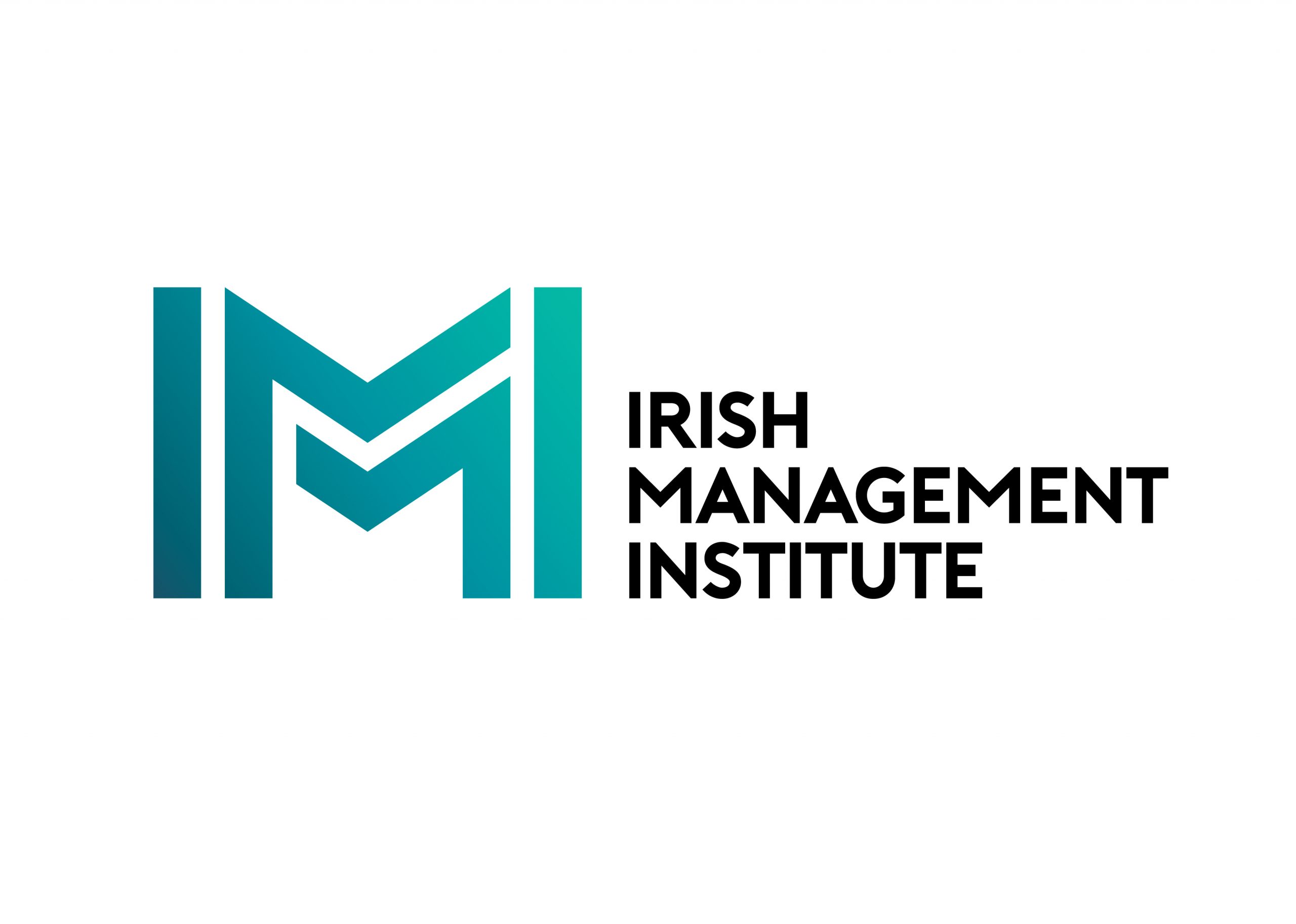Related Articles
Unlocking Clean Tech Potential: Insights from Senior Leaders Breakfast Briefing
The recent Breakfast Briefing on Clean Tech – hosted by Gary McCarthy – brought together a distinguished panel of industry experts, shedding light on the burgeoning opportunities and challenges within the realm of sustainability. The panellists for the events were Eamonn Hughes (Chief Sustainability and Investor Relations Officer at Bank of Ireland), Mary Cronin (Circular Economy/ESG Consultant and CEO of UpThink Innovation & IMI Associate), Brian O’ Kennedy (Managing Director at Clearstream Solutions), and John Devereaux (Supply Chain Director at John Sisk & Son), who highlighted critical trends and imperative shifts in the business landscape.
Embracing Clean Tech: A Necessity, Not an Option
The dialogue commenced with a resounding fact: an annual expenditure of 6.5 trillion dollars is allocated to the clean tech space globally. The panellists unanimously echoed the sentiment that abstaining from involvement in this domain poses significant risks for businesses.
Mary Cronin, a veteran in executing substantial projects within the clean tech space, shared her experiences, emphasising the transformative potential of circular economy practices. Drawing attention to Europe’s three-decade-old initiatives in this area, she highlighted the example of anaerobic digestion (the breaking down of waste products by microorganisms) and discussed how this can be particularly useful for farming communities.
John Devereaux from SISK underlined the remarkable growth that the company has experience in recent years, with figures ballooning from 900 million to 2.3 billion Euros, when you compare 2017 with 2023. He spotlighted sectors experiencing exponential expansion such as data centres, life sciences, and technology, particularly citing the surge in personalised medicine. The convergence of technological advancement and government-backed R&D investments emerged as pivotal in driving growth and innovation.
A Granular Sustainability Focus
Eamonn Hughes, heading sustainability at Bank of Ireland, delved into the evolving nature of sustainability inquiries. Highlighting the increasing demand for granular information encompassing social issues, diversity & inclusion, sustainable finance, and defined sustainability targets, he underscored the shifting expectations of stakeholders.
Brian O’ Kennedy shared insights into how sustainability has transitioned from a peripheral concern to becoming the crux of business models. He stressed that competitive pressures drive substantial changes, compelling companies to develop comprehensive climate transition plans and engage in circular economy practices. Brian outlined the criticality of businesses evolving their relationship with customers, shifting from product-oriented to service-centric approaches to foster loyalty and embrace sustainable practices.
The Unfolding Circular Economy Paradigm
The discussion pivoted towards the monumental significance of circular economy principles in reshaping industries and supply chains.
John Devereaux emphasised the monumental role of using recyclable materials and highlighted innovative practices such as substituting spent coffee grounds for sand in concrete, significantly reducing emissions in the production process.
The panel also dissected the regulatory landscape, foreseeing substantial changes driven by evolving legislation and compliance requirements.
John highlighted impending EU legislation and directives concerning due diligence, sustainability, and human rights impact assessments. He underscored the need for systemic adaptations within organisations, focusing on education, policy changes, and competitive advantage alignment from board-level engagement down to employees and suppliers.
Paving the Path Forward
The insights from the panel underscored the requirement for businesses to not merely comply with evolving sustainability mandates, but to proactively leverage clean tech opportunities. As industries brace for a paradigm shift towards circular economy practices, collaboration among businesses, governments, and financial institutions emerges as the linchpin for a sustainable and prosperous future.
In conclusion, the consensus was clear: the trajectory of success in the modern business landscape intertwines with a steadfast commitment to clean tech, circular economy principles, and proactive adaptation to evolving regulatory frameworks.
IMI Corporate Members have access to webinars and in-person thought leadership events throughout the year. Find out more about Corporate Membership here.




